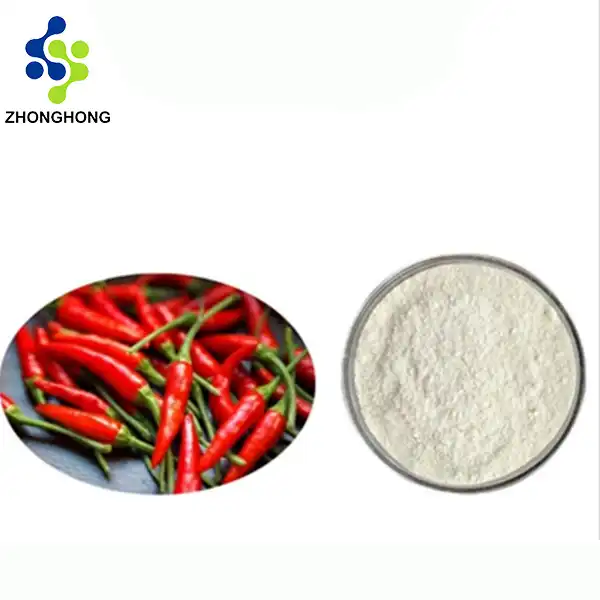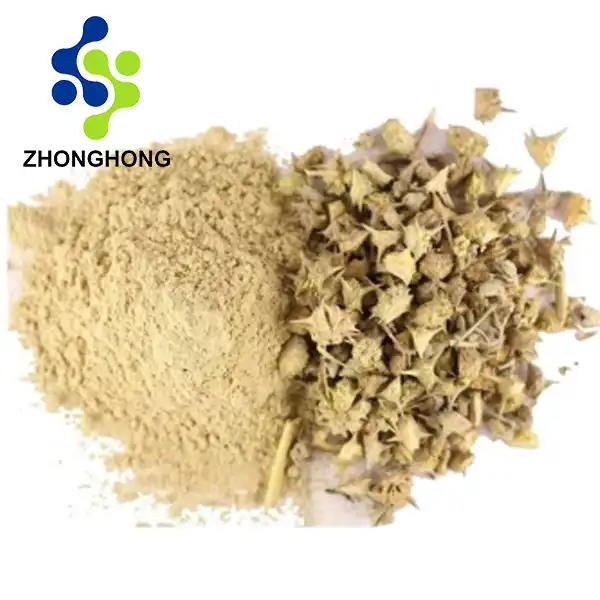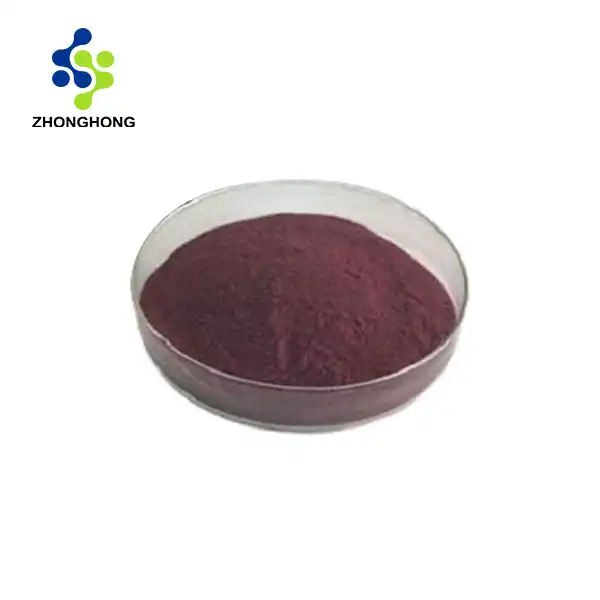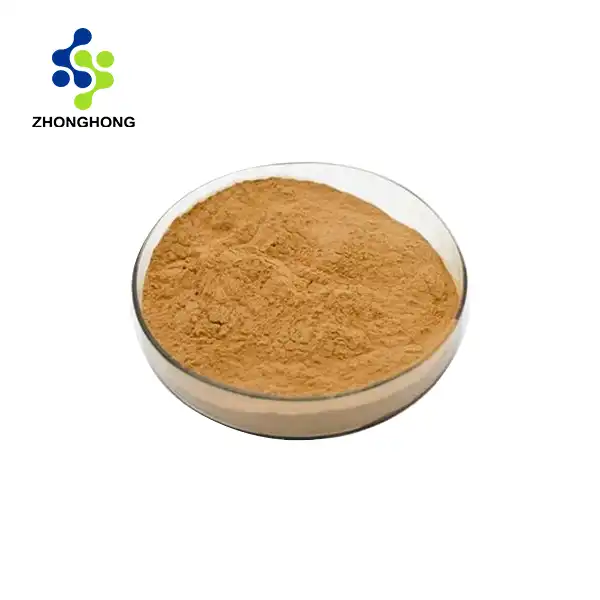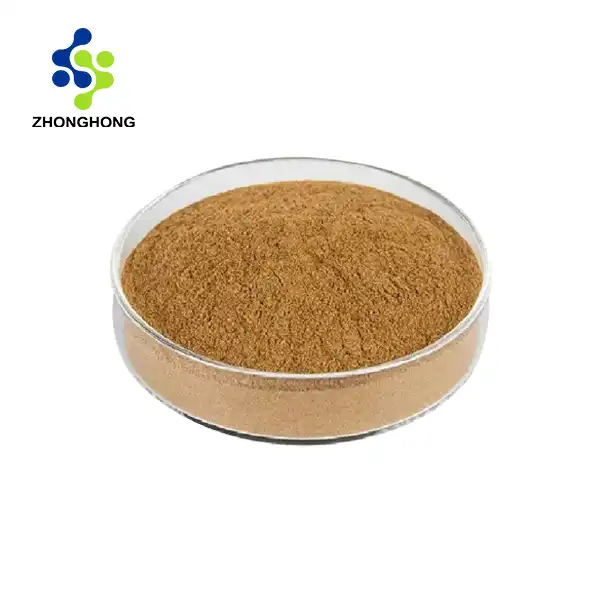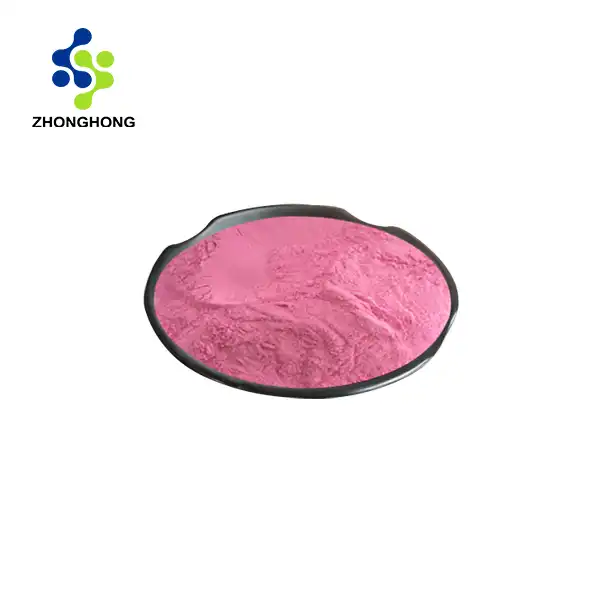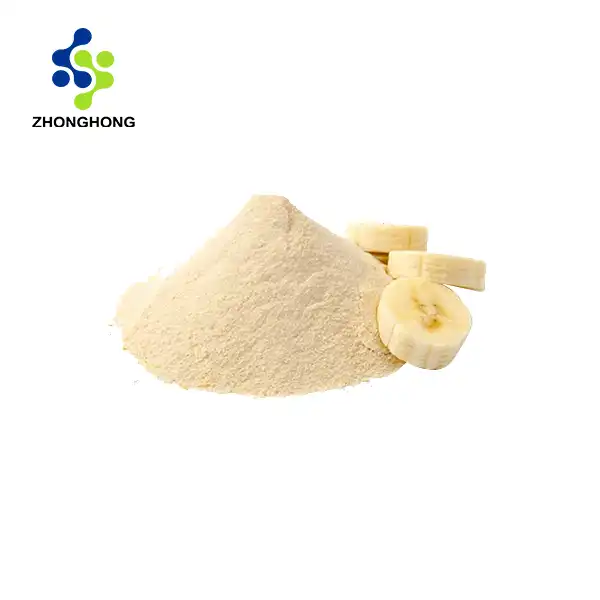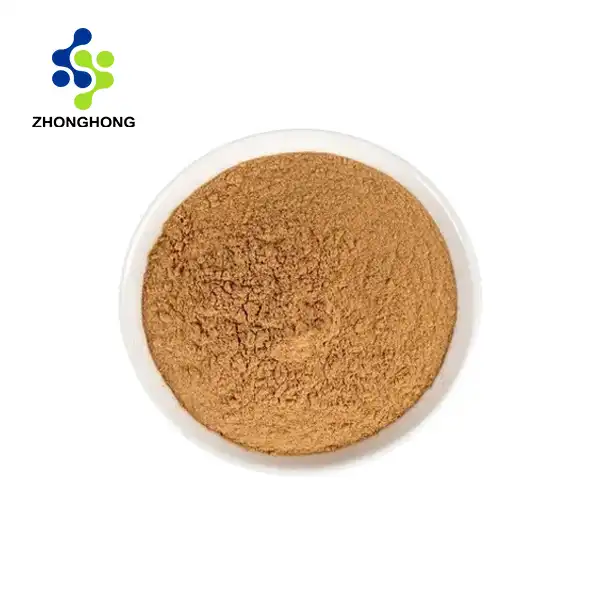How to Use Nattokinase Safely and Effectively?
2024-12-19 17:07:27
Nattokinase, a powerful enzyme derived from fermented soybeans, has gained popularity for its potential cardiovascular benefits. As more people turn to natural remedies for health support, understanding how to use nattokinase safely and effectively becomes crucial. This blog explores proper dosage guidelines, potential contraindications, and strategies for integrating nattokinase into a holistic health regimen. Whether you're considering nattokinase for heart health, blood pressure management, or overall well-being, this guide will provide valuable insights to help you make informed decisions about incorporating this remarkable enzyme into your wellness routine.
Proper Dosage Guidelines for Nattokinase
Understanding Nattokinase Potency
Nattokinase potency is typically measured in Fibrinolytic Units (FU). Most studies and clinical applications use doses ranging from 2,000 to 4,000 FU per day. It's essential to check the product label for the FU content, as nattokinase supplements can vary in concentration. Some high-quality products may offer up to 20,000 FU per gram of nattokinase powder.
Recommended Daily Intake
The generally recommended daily dosage of nattokinase is between 100-200 mg, which usually corresponds to 2,000-4,000 FU. This dosage has been shown to be effective in various studies without significant side effects. However, it's crucial to start with a lower dose and gradually increase it while monitoring your body's response. Some health practitioners may recommend higher doses for specific conditions, but this should only be done under professional supervision.
Timing and Frequency
Nattokinase is often taken in divided doses throughout the day to maintain consistent blood levels. Many users find taking it twice daily, once in the morning and once in the evening, to be effective. Taking nattokinase on an empty stomach may enhance absorption, but if you experience any digestive discomfort, it can be taken with food. Consistency is key when using nattokinase powder, so establishing a regular routine can help maximize its benefits.
When to Avoid Nattokinase Supplements?
Medication Interactions
Nattokinase can interact with certain medications, particularly those affecting blood clotting. Individuals taking anticoagulants or antiplatelet drugs such as warfarin, heparin, or aspirin should consult their healthcare provider before using nattokinase. The enzyme's blood-thinning properties may amplify the effects of these medications, potentially increasing the risk of bleeding. Additionally, people taking medications for high blood pressure should monitor their blood pressure closely when using nattokinase, as it may enhance the blood pressure-lowering effects of these drugs.
Pre-existing Health Conditions
Certain health conditions may contraindicate the use of nattokinase. People with bleeding disorders, such as hemophilia, should avoid nattokinase due to its blood-thinning effects. Similarly, individuals with a history of stroke, especially hemorrhagic stroke, should consult a healthcare professional before using nattokinase. Those with liver disease, kidney disease, or ulcers should also exercise caution and seek medical advice before incorporating organic nattokinase powder into their regimen.
Surgical Considerations
If you're scheduled for surgery, it's crucial to discontinue nattokinase use at least two weeks before the procedure. Nattokinase's blood-thinning properties can increase the risk of excessive bleeding during and after surgery. This precaution also applies to dental procedures that may involve bleeding. Always inform your healthcare providers about your nattokinase use, especially when planning any medical interventions.
Tips for Combining Nattokinase with Other Remedies
Synergistic Supplements
Nattokinase can be combined with other natural supplements to enhance its cardiovascular benefits. Omega-3 fatty acids, found in fish oil or algae-based supplements, can complement nattokinase's effects on blood flow and heart health. Coenzyme Q10 (CoQ10) is another supplement that pairs well with nattokinase, supporting heart function and energy production. Garlic extract, known for its blood pressure-lowering properties, can also be a beneficial addition to a nattokinase regimen. When combining supplements, it's essential to start with lower doses of each and gradually increase while monitoring for any interactions or side effects.
Dietary Considerations
A heart-healthy diet can significantly enhance the benefits of nattokinase. Incorporating foods rich in flavonoids, such as berries, dark leafy greens, and citrus fruits, can support vascular health. Magnesium-rich foods like nuts, seeds, and whole grains can also complement nattokinase's effects on blood pressure regulation. Limiting sodium intake and increasing potassium-rich foods can further support cardiovascular health. When using Natto Extract Nattokinase, consider incorporating fermented foods like kimchi or sauerkraut to support overall digestive and cardiovascular health.
Lifestyle Modifications
Combining nattokinase supplementation with positive lifestyle changes can maximize its benefits. Regular physical activity, particularly aerobic exercises, can enhance blood circulation and complement nattokinase's effects on cardiovascular health. Stress reduction techniques such as meditation, yoga, or deep breathing exercises can support heart health and may enhance the overall effectiveness of nattokinase. Adequate hydration is also crucial when taking nattokinase, as it helps maintain proper blood viscosity and supports the enzyme's action. Remember that while nattokinase can be a powerful addition to your health regimen, it works best as part of a comprehensive approach to wellness.
Conclusion
Nattokinase offers promising benefits for cardiovascular health when used safely and effectively. By following proper dosage guidelines, being aware of potential contraindications, and integrating it wisely with other health practices, you can maximize its potential. Always consult with a healthcare professional before starting any new supplement regimen, especially if you have existing health conditions or are taking medications. If you want to get more information about this product, you can contact us at liaodaohai@gmail.com.
References
1. Chen, H., et al. (2018). "Nattokinase: A Promising Alternative in Prevention and Treatment of Cardiovascular Diseases." Biomarker Insights, 13, 1177271918785130.
2. Kurosawa, Y., et al. (2015). "A single-dose of oral nattokinase potentiates thrombolysis and anti-coagulation profiles." Scientific Reports, 5, 11601.
3. Ero, M. P., et al. (2013). "A Review on the Biochemistry and Pharmacology of Nattokinase." Journal of Medicinal Food, 16(10), 836-841.
4. Hsia, C. H., et al. (2009). "Nattokinase decreases plasma levels of fibrinogen, factor VII, and factor VIII in human subjects." Nutrition Research, 29(3), 190-196.
5. Fujita, M., et al. (2011). "Thrombolytic effect of nattokinase on a chemically induced thrombosis model in rat." Biological and Pharmaceutical Bulletin, 34(7), 1063-1068.
6. Jensen, G. S., et al. (2016). "Consumption of nattokinase is associated with reduced blood pressure and von Willebrand factor, a cardiovascular risk marker: results from a randomized, double-blind, placebo-controlled, multicenter North American clinical trial." Integrated Blood Pressure Control, 9, 95-104.
_1728976869676.webp)
